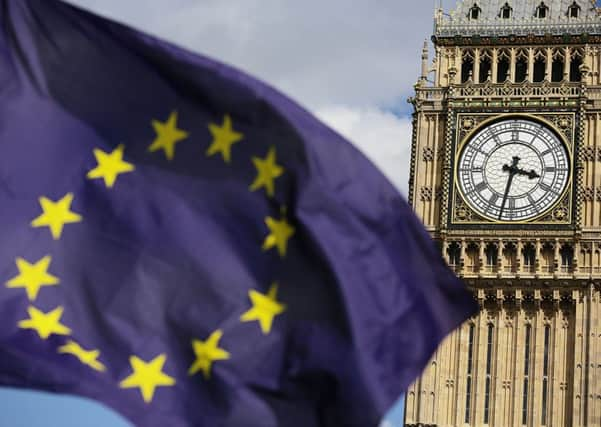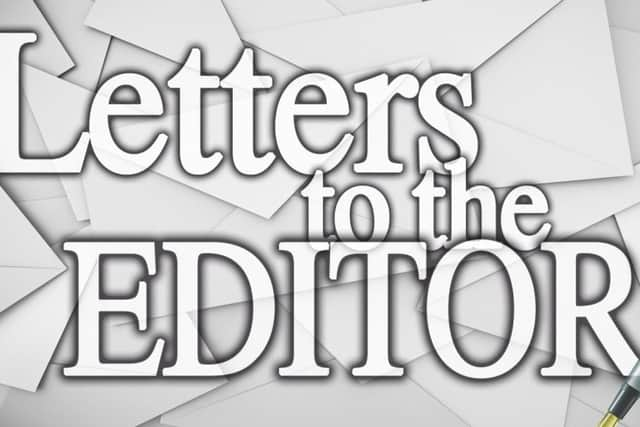A second Brexit referendum would provide a clearer picture of the public's considered attitude to the EU and help to heal divisions


Yet in a free society people are allowed to change their mind – even admit that they got it wrong – and others have every right to try to persuade them to do so, as they do in elections.
Moreover, in the UK referendums cannot be legally binding because a fundamental principle of the British constitution is the sovereignty of Parliament. It would be another irony to ignore this principle while maintaining that a major motive for leaving the EU is precisely to restore this sovereignty.
Advertisement
Hide AdAdvertisement
Hide AdIronically, a second referendum was actually advocated by some prominent Brexiteers before the June 2016 vote. In 2011 Jacob Rees-Mogg told the Commons: “we could have two referendums...it might make more sense to have the second referendum after the negotiation is completed”.


In May 2016, a month before the vote, Nigel Farage stated that a 52/48 Remain victory would be ‘unfinished business by a long way’ and that “win or lose this battle, we will win this war”.
The vast majority of MPs are Remainers. A survey before the referendum indicated that there were 480 and only 159 Leavers. So the vote demonstrated a major conflict between Parliament and the people (though not in Northern Ireland or Scotland).
Does this prove that MPs are out of touch? No, for a basic objection to referendums has always been that politicians are often ahead of the voters, who tend to be more easily influenced by emotional campaigns and prejudice. The death penalty is an obvious example.
Advertisement
Hide AdAdvertisement
Hide AdAccording to a YouGov poll published on 10th August, a majority now favour a second referendum and the UK would vote to stay in the EU by 53% to 47% if asked again.
This shift in public opinion is confirmed by researchers at the Focaldata consumer analytics company, published in the Observer (12th August), which indicates that 341 of the UK’s 632 constituencies would now vote Remain. Parliament and the people are moving towards alignment.
There are sound reasons for having a second referendum, not least that the Brexit result was tainted. Many of the Leave campaign’s misleading statements, such as the fantasy promise of £350m a week for the NHS, have been exposed.
They have also been found by the Electoral Commission to have cheated by funnelling £675,315 through the pro-Brexit youth group BeLeave, thus exceeding their £7m spending limit.
Advertisement
Hide AdAdvertisement
Hide AdAgain, some of the implications of Brexit are becoming clearer. For example, Northern Ireland’s beef, sheep and hill farming sectors have joined with red meat processors to warn that ‘No Deal’ would be a disastrous outcome. Sam Chesney, UFU beef and lamb Chairman said that they would face up to 60 per cent tariffs on exports and unfair competition in the UK market from lower standard meat imported from outside Europe.
One possibility after the negotiations is a two-stage referendum. In the first stage voters would be asked whether they still wished to leave the EU. If they didn’t, then no second stage would be needed. If they did, then the second stage would ask whether they favoured the deal negotiated by the government or a ‘No Deal’ decision.
This second referendum would provide a clearer picture of the public’s considered attitude to the EU and help to heal the deep divisions thrown up by the first vote in June 2016.
Brian McClinton, Editor, Irish freethinkers, Lisburn